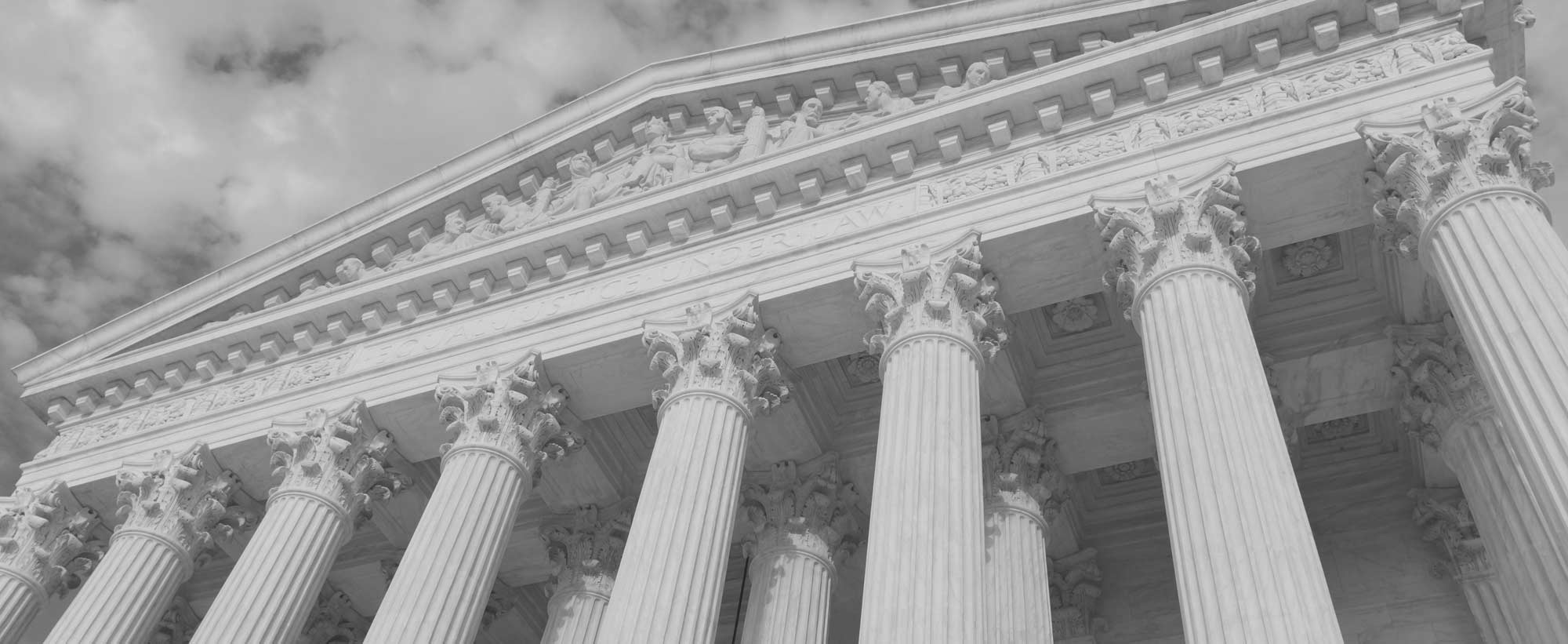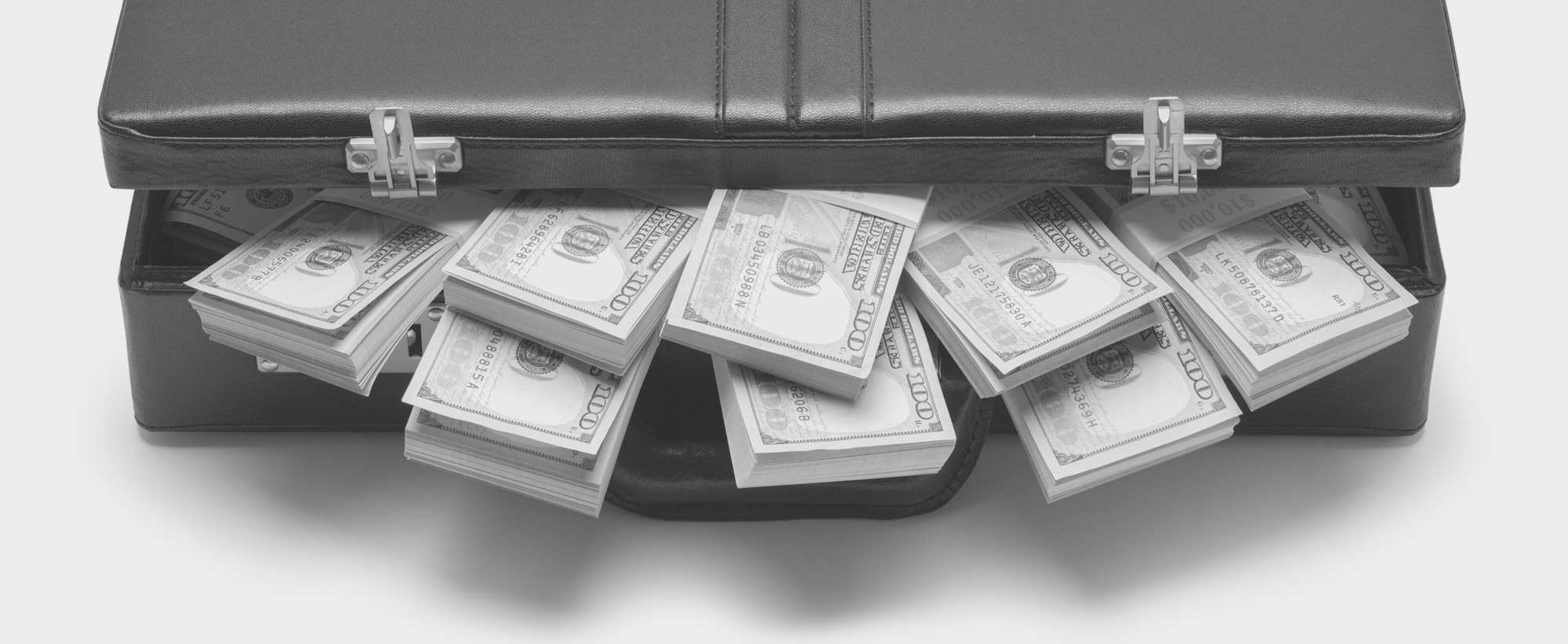Collection calls are stressful. Even more stressful is when those calls persist. If you are struggling under insurmountable debt and are receiving ongoing collection calls from your creditors it’s important to know that there is a way to stop the ongoing harassment.
Stop the Collection Calls
Unfortunately, it is not illegal for debtors to call you when there is a genuine debt to collect. When it borders on harassment – calling at all hours of the day and multiple times a day – there is definitely something you can do to stop the cards. If you or someone you know is receiving collection calls, it’s important to be aware of the following points:
- Debt collectors are only allowed to contact valid customers of the company they are representing. To note: It is not uncommon for debt-free consumers to receive harassing debt collection calls so you’ll want to double check the debt is actually owed.
- Debt collectors are expected to honor the Do-Not-Call registry where listed phone numbers may not be contacted.
- Debt collectors must leave a valid identity and contact details for the company on whose behalf they are making the calls for. They must identify what company they are collecting debt for.
- Messages about bad debt must be left with the person who owes the debt. They cannot be left with friends, family, or relatives of the customer.
- Requests in written form to stop making collection calls must be honored.
There are several ways to stop debt collection calls. The best way is to get in touch with a skilled bankruptcy attorney. A professional can guide you on how to communicate with debt collectors and what action to take when communication efforts fail. One of the options might be an automatic stay, which is the first action taken when you file for bankruptcy.
How Can An Automatic Stay Protect You?
Apart from actually receiving a discharge of debts, an Automatic Stay is probably the most important feature of filing for bankruptcy.
When you file for Chapter 7 or Chapter 13 bankruptcy, an automatic stay immediately goes into effect and prohibits most creditors from continuing with collection activities. This can provide welcome relief to debtors as well as an opportunity to regroup during bankruptcy. Because of this, the automatic stay may provide a powerful reason to file for bankruptcy.
What an Automatic Stay Protects
Here’s some information on how the automatic stay affects some common emergencies.
Utility disconnections. An automatic stop can prevent a disconnection on utilities if you’re behind on a utility bill and the company is threatening to disconnect your water, electric, gas, or telephone service. The disconnection is prevented for at least 20 days.
Foreclosure. An automatic stay temporarily stops foreclosure proceedings. But it’s important to know that most likely the creditor will be able to proceed with the foreclosure sooner or later.
Eviction.The automatic stay may offer some help if you are being evicted, but the new bankruptcy law makes it easier for landlords to proceed. A landlord can continue just as if you hadn’t filed for bankruptcy if they already have a judgment of possession against you when you file.
An automatic stop will also not help if the landlord alleges that you’ve been endangering the property. A landlord can also ask the court to lift the stay, allowing the eviction — and the court will probably agree to do so.
Collection of overpayments of public benefits. If you receive public benefits and were overpaid, the agency is allowed to collect the overpayment out of future checks – but an automatic stay prevents this collection. But if you become ineligible for the benefits, the automatic stay will not prevent the agency from denying or terminating benefits for that ineligibility reason.
Multiple wage garnishments. Filing for bankruptcy stops garnishments. You are able to collect a full salary, and you may also be able to discharge the debt in bankruptcy. Although no more than 25% of your wages can be taken to fulfill court judgments – up to 50% for child support and alimony, many people file bankruptcy if more than one wage garnishment is being threatened.
Educate Yourself on What Cannot Be Prevented
While an Automatic Stop can prevent these issues, there are a number of things it cannot prevent. It is in your best interest to ensure you know what those things are. A lawyer can help walk you through the particulars of your situation.
There are some instances in which an automatic stay won’t help you. Here are a few:
Certain tax proceedings. The IRS is still about to audit you, issue a tax deficiency notice, demand a tax return (often leading to an audit), issue a tax assessment, or demand payment of such an assessment. The automatic stay does stop the IRS from issuing a tax lien or from seizing your property or income.
Support actions taken against you. Filing for bankruptcy does not stop a lawsuit against you that seeks to establish paternity or to establish, modify, or collect child support or alimony.
Criminal proceedings. Criminal proceedings that can be broken down into criminal and debt components will be divided. The criminal component will not be stopped by the automatic stay. (Example, if you have been convicted of writing a bad check, sentenced to community service, and ordered to pay a fine, your obligation to do community service will not be stopped by your filing for bankruptcy).
Loans from pension. Money to repay a loan from certain types of pensions, this includes most job-related pensions and IRAs, can still be withheld from your income despite the automatic stay.
Multiple filings. The stay automatically terminates after 30 days unless you, the trustee, the U.S. Trustee, or a creditor asks for the stay to continue if you had a bankruptcy case pending during the previous year. It will have to be proven that the current case was filed in good faith. But If a creditor had a motion to lift the stay pending during the previous case, the court will presume that you acted in bad faith. You will have to overcome this presumption in order to get the protection of the stay in your current case.
Creditors Can Still Get Around Automatic Stays
A creditor can usually get around the automatic stay by asking a bankruptcy court to remove, or “lift” the stay, if it is not serving its intended purpose. Here’s an example: you file for bankruptcy the day before your house is to be sold in foreclosure. You have no equity in the house and you can’t pay your mortgage. You have no way of keeping the property. The creditor seeking the foreclosing creditor can go to court after you file for bankruptcy and ask for permission to proceed with the foreclosure. That permission will most likely be granted.
Understanding Bankruptcy
Understanding the following aspects of bankruptcy will help you be more prepared to take the next step.
Bankruptcy is Not Quick
Chapter 7 bankruptcy case lasts an average of four months. A Chapter 13 bankruptcy plan lasts for three to five years. A Chapter 11 bankruptcy case may last for two years or longer.
Public Scrutiny During Bankruptcy
When filing bankruptcy you must be prepared to expose your financial life to the public. You will be required to attend a meeting of creditors when you file for bankruptcy protection. During which the bankruptcy trustee (and maybe even one of your creditors) will ask you probing questions in a public room. Often this can be an extremely uncomfortable and embarrassing process.
Disclosing Your Financial Information During Your Bankruptcy Case
You must be completely honest in bankruptcy because bankruptcy courts feel that only the honest debtor is entitled to a discharge of debt. You must list all of your property, debts, and creditors. If you fail to do so you may you lose the bankruptcy discharge. Because dishonesty in bankruptcy is a serious federal crime you might also be subject to an FBI investigation.
Requires Great Attention
Because bankruptcy is based on forms many people perceive it is a simple and straightforward process. But the forms contain complex questions about your financial affairs and require sufficient time to understand the bankruptcy forms before filing for bankruptcy.
Bankruptcy Discharge is Personal
Discharge is the ultimate goal of bankruptcy. It bars your creditors from ever attempting to collect debts from you and you alone, and does not eliminate the debt itself. So, for example, if you are one of the co-signers on a home loan and you file for bankruptcy, the debt is not wiped out and the lender can still seek to collect the debt from your co-signer.
It’s Not Cheap
Filing for bankruptcy can cost you a significant amount of money, especially if you decide to hire an attorney which can cost anywhere from several hundred dollars to several thousand dollars. Even if you decide to prepare and file your own bankruptcy case it can be costly because the filing fees alone are substantial. Debtors may find relief from filing fees by petitioning for a fee waiver. The court bases its waiver decision on your income, which generally must not be greater than 150% of the federal poverty level.
Working with a Bankruptcy Attorney
Bankruptcy law can be hard to understand. As you can see, there are a number of processes involved that you might not be fully aware of. Because of this, it’s highly advised that you work with a bankruptcy attorney that can walk you through the process and clarify any questions or concerns you might have. A bankruptcy attorney might also be able to prescribe options that keep you out of having to declare bankruptcy in the first place. There can be a lot of questions during this extremely stressful time. Let the lawyers at I Bankruptcy Attorneys walk you through the process so you can achieve the best outcome possible.
I Bankruptcy Attorneys
5455 Wilshire Blvd STE12000
Los Angeles, CA 90036
Toll Free: (213) 699-3055
https://ibankruptcyattorneys.com



